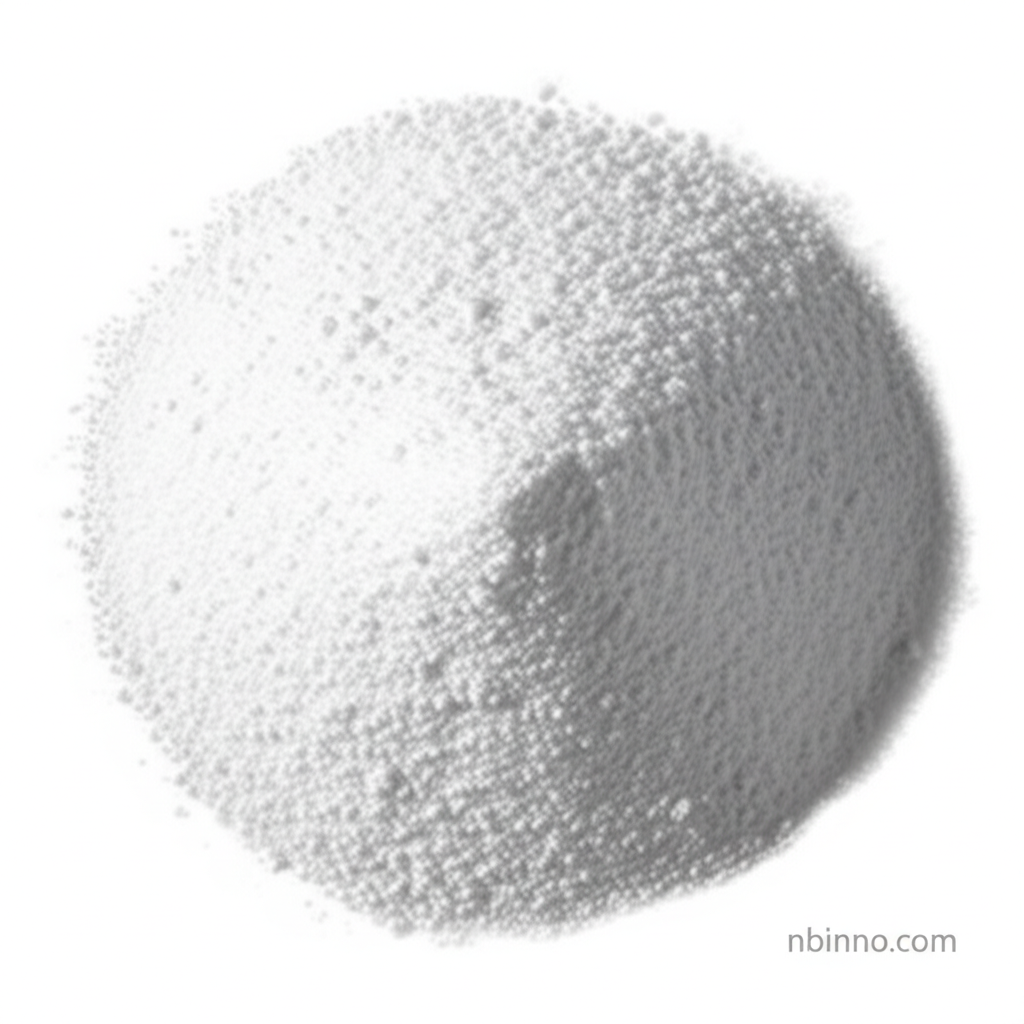Microcrystalline Cellulose (MCC) 102: A Versatile Pharmaceutical Excipient
Discover the multifaceted roles of MCC in modern drug formulation, from binding to advanced applications.
Get a Quote & SampleProduct Core Value

Microcrystalline Cellulose 102
Microcrystalline Cellulose (MCC) 102 is a highly purified, partially depolymerized cellulose derived from wood pulp. It serves as a critical excipient in the pharmaceutical industry, renowned for its exceptional binding, disintegrant, filler, and diluent properties. Its versatility makes it indispensable for direct compression and wet granulation, significantly improving tabletability and drug release profiles. Advanced applications also include protecting heat-sensitive actives and mitigating nitrosamine risks, making it a cornerstone for innovative drug development.
- Explore the critical role of microcrystalline cellulose pharmaceutical excipient in tablet formulation.
- Understand how MCC binder tablet formulation enhances tablet cohesion and stability.
- Leverage MCC filler diluent properties for optimal pharmaceutical formulations.
- Learn about the benefits of MCC in wet granulation processes for improved drug delivery.
Product Advantages
Exceptional Binding Properties
MCC's strong binding performance, crucial for direct compression, ensures tablet integrity and reduces the need for separate binders, a key aspect for manufacturers seeking efficient tablet formulation.
Enhanced Drug Release
As a disintegrant, MCC facilitates rapid tablet breakdown, positively impacting drug release and bioavailability. This makes it vital for ensuring medications perform effectively as intended.
Versatility in Formulation
From wet granulation to moisture-activated dry granulation (MADG) for heat-sensitive APIs, MCC's adaptable properties support a wide range of modern drug formulation challenges.
Key Applications
Pharmaceutical Manufacturing
MCC is a fundamental component in tablet and capsule production, acting as a binder, disintegrant, and filler to ensure product quality and efficacy.
Dietary Supplements
Its use in supplements, particularly protein powders and energy bars, enhances texture and stability, contributing to consumer appeal and product performance.
Cosmetics and Personal Care
In cosmetic formulations, MCC acts as a texture enhancer, emulsifier, and stabilizer, aligning with the growing demand for natural ingredients.
Animal Feed Industry
MCC provides an energy source and improves the texture of animal feed, contributing to improved nutritional profiles and nutrient absorption for livestock.
